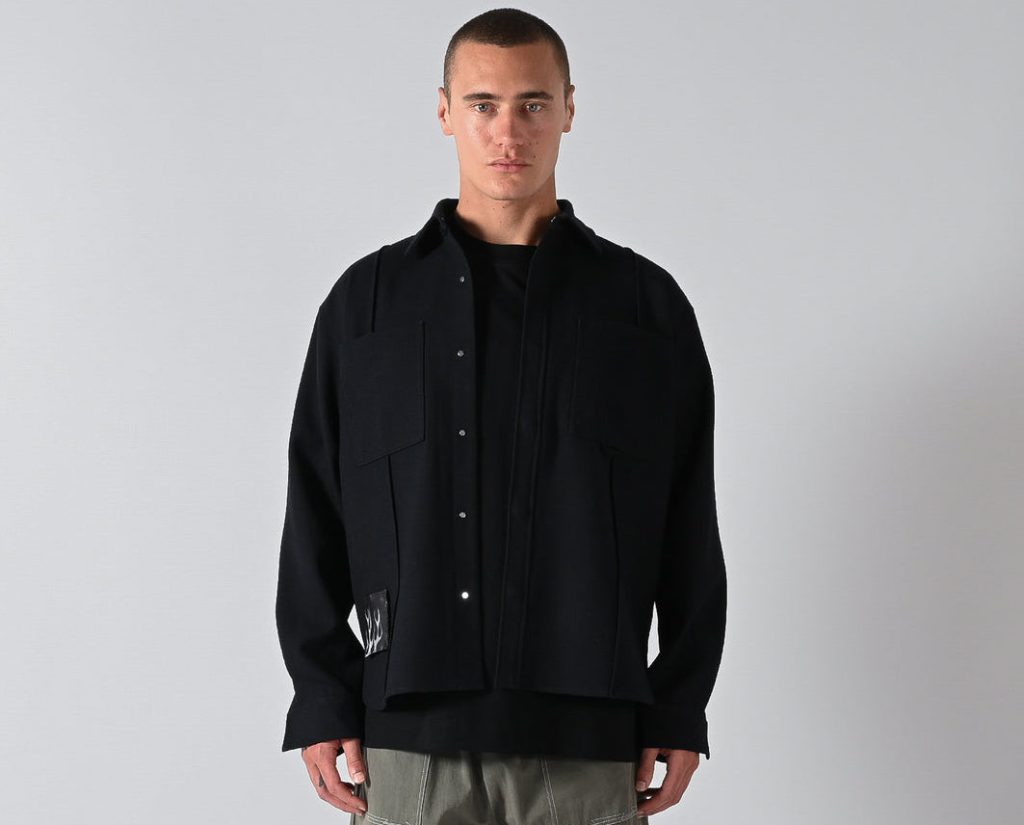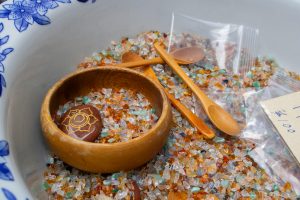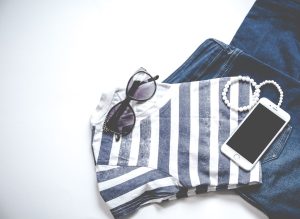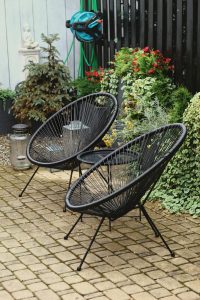Woolmark introduces a new Recycled Wool specification in its 60th anniversary year of establishment. The Recycles Wool specification is the first global standard mark that will be applied to recycled fibre.

Wool is the most recycled apparel fibre globally. Image Source: www.benetton.it
Since 1964, the Woolmark Logo has certified over five billion wool products as a symbol of excellence and authenticity. The launch of the Recycled Wool sub-brand under the new RW-1 Specification is a significant step towards a more sustainable textile industry, indicating that a product is made of either 100 percent recycled wool or a wool blend that contains at least 20 per cent recycled wool, whilst meeting The Woolmark Certification Program’s stringent quality.
Per IndustryARC, the Pure Wool Market size is expected to be valued at $32.2 billion by the end of the year 2026 and is set to grow at a CAGR of 5.5% during the forecast period from 2021-2026.
By supporting the development of long-lasting, quality-assured, natural products using recycled fibres, Woolmark is at the forefront of promoting solutions that minimise waste and maximise resources.
“Wool is the most recycled apparel fibre globally”, explained John Roberts, Managing Director of The Woolmark Company, in a company release. “Our new Recycled Wool mark supports the shift from a linear to a circular production model, reducing waste and pollution.”
The Woolmark Certification Program: Redefining recycled wool standards
With a rich 200-year recycling heritage, wool provides an opportunity to improve linear fashion and textile industry’s current practices. Research by the Centre for Colour and Textile Science at Leeds University has shown that wool products have the potential for two or more uses and a life span of twenty- thirty years, supporting the transition to circular business models and design. Up to six per cent of all wool fibre undergoes mechanical recycling and offers extensive benefits from reducing environmental impact and conserving resources to ensuring durability and versatility in every garment.

Wool products have the potential for two or more uses. Image Source: www.haydenshapes.com
This is imperative considering that in the United States alone, close to 10.5 million tonnes of textiles end up in landfill each year, per a 2014 Environmental Protection Agency report. Europe isn’t far behind, with 9.35 million tonnes of textile waste each year, as detailed in a recent study by Oakdene Hollins on behalf of the EU-funded Resyntex project. And, the Australian Bureau of Statistics indicates that 500,000 tonnes of leather and textiles are discarded in Australia each year. When viewed as hard facts, changes in consumer behaviour seems inevitable and inspired the Woolmark Company to launch its Recycled Wool Specification.
The Woolmark Certification Program, operated globally by The Woolmark Company, is the gold standard for wool quality and focuses on products made from both pre-consumer sources such as fabric cutting waste and post-consumer wool products that have been reclaimed and reprocessed into new yarn, knitted or woven fabric, apparel or footwear.
A certificate substantiating the recycled wool content of a product is required to use the logo on finished products. The Global Recycled Standard and Recycled Claim Standard set the criteria to verify and track the recycled content of materials and are deemed acceptable. The Woolmark Certification Program includes clothing, fabrics, yarns, and home care products, with three main logos: Woolmark (100 percent pure new wool), Woolmark Blend (50-99.9 per cent new wool), and Wool Blend (30-49.9 percent new wool).
The Woolmark logo was launched in 1964 and has certified over five billion wool and wool care products since then.
Woolmark: The global network of wool champions
Initiated by Australian wool growers who perceived the need for a collective body to represent their fibre worldwide, Woolmark, a non-profit commits to fibre quality of and works alongside woolgrowers to research, develop and market Australian wool and invest in scientific solutions to manage the eco-credentials of their wool-growing enterprise. A pioneer in the wool market position as a natural, circular and regenerative solution, Woolmark bridges the gap between the global fashion industry and Australia’s sheep farmers. It caters to some of the challenges created by fast fashion.
The Woolmark Company’s global network of wool champions the benefits and eco-credentials of Merino wool. From eco-warriors to high-performance athletes, their ambassadors choose natural, renewable and biodegradable Merino wool in their everyday lives. These personalities include Ben Simmons, professional basketball player; Sara Nuru, co-founder of social food start-up nuruCoffee; Luna Rossa Prada Pirelli; Ryan Robinson; professional highliner and adventure athlete; Dorian van Rijsselberghe, Olympic windsurfing champion; and Lauren Singer, CEO of Package Free Shop, CEO and Founder of The Simply Co. and the Founder of Trash is for Tossers.

Woolmark Launches Recycled Wool Specification
Read More:

Jasmeen Dugal is Associate Editor at FashionABC, contributing her insights on fashion, technology, and sustainability. She brings with herself more than two decades of editorial experience, working for national newspapers and luxury magazines in India.
Jasmeen Dugal has worked with exchange4media as a senior writer contributing articles on the country’s advertising and marketing movements, and then with Condenast India as Net Editor where she helmed Vogue India’s official website in terms of design, layout and daily content. Besides this, she is also an entrepreneur running her own luxury portal, Explosivefashion, which highlights the latest in luxury fashion and hospitality.











